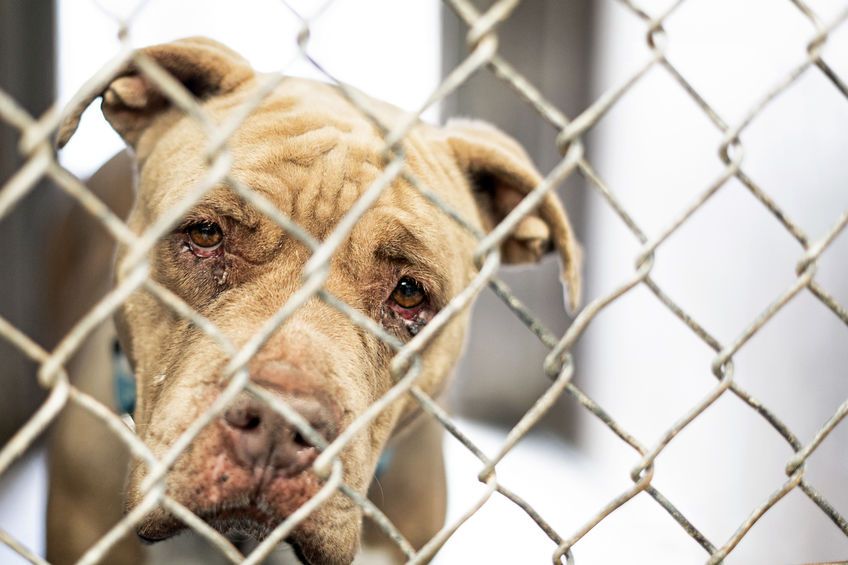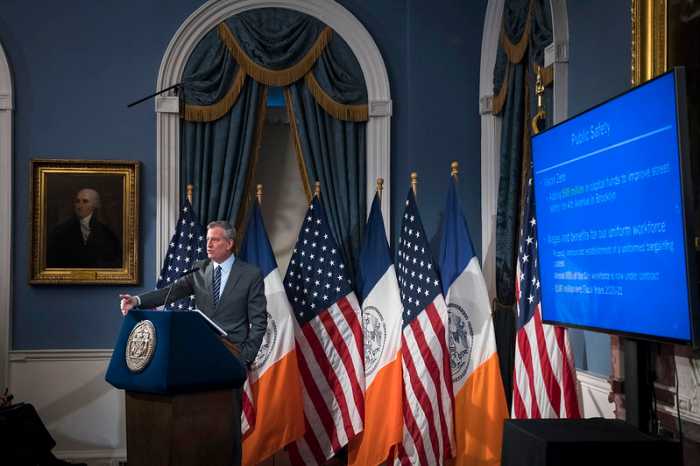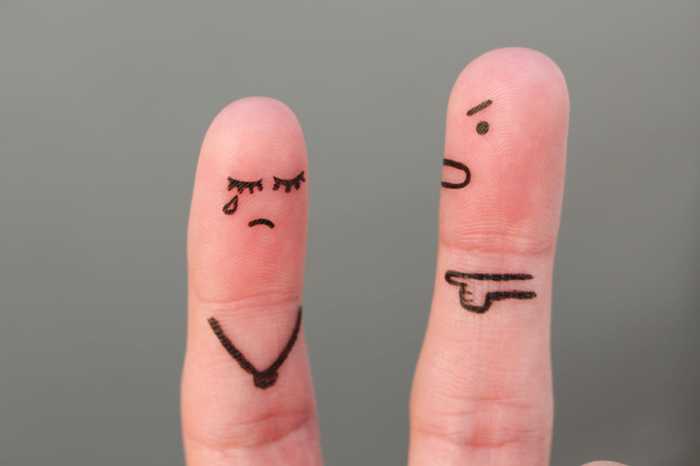Comptroller Scott M. Stringer yesterday called on the city-funded Animal Care Centers (ACC) and Department of Health and Mental Hygiene (DOHMH) to improve conditions in municipal animal shelters across the city.
That after an audit his office published found several concerns regarding shelter conditions, including unacceptably high humidity levels, which can increase the development of fungi and bacteria, and promote the longevity of pathogens that cause diseases in animals. In fact, according to the audit, over half of the 30 animals that were sampled developed respiratory infections while at ACC.

“Our city is defined by how we treat our most vulnerable — and that includes our four-legged friends, too. Until we find them forever homes, we have an obligation to provide safe conditions, adequate food and medical treatment to the thousands of animals in the City’s care,” said Stringer.
The audit also found expired food and medicine being fed to animals, and peeling paint and cracked surfaces. In addition, sounds of predator species (such as dogs) can be heard in rooms where prey species are kept, inducing stress in prey animals such as rabbits and guinea pigs.
The audit aimed to investigate whether the ACC, which is overseen by the NYC DOHMH and runs the city’s municipal animal shelter system, is adhering to the standards in animal care set out by the DOHMH in its contract with the ACC. The contract is set to expire on June 30, 2052.
However, although the ACC generally complied with the guidelines, the comptroller’s office found problematic issues, including vaccinations and health checks not conducted in a timely manner.
In addition, although animals were generally kept in sanitary conditions, of 798 animals observed, 15 did not have access to clean water, and 48 were kept in dirty kennels.
The report also found that the DOHMH failed to conduct routine assessments of the ACC’s adherence to the regulations defined by the contract.
The Comptroller’s office laid out 21 recommendations for the ACC and DOMHM to improve the safety of animal shelters. ACC and DOMHM have generally agreed to the recommendations; however, regarding the issue of predator sounds, ACC says it is limited to what it can do, as the buildings that house the animal shelters are old and not built for such use.
In addition, the DOMHM refutes the auditors’ claim that it did not conduct sufficient assessments of ACC shelters, stating in a letter to the comptroller’s office that “DOHMH assessments were more frequent and comprehensive than the contract required.” The DOMHM also says that upgrades to its system for infrastructure maintenance is are not required, and deems existing maintenance measures as sufficient.
According to a spokesperson for Stringer, the Comptroller’s office will ask ACC and DOHMH to report on their progress in implementing the recommended changes, and a follow-up audit is possible. However, no explicit measures were laid out in the event that the ACC fails to follow the recommendations.
The ACC is a non-profit organization that takes in more than 30,000 animals on an annual basis. It operates 3 full service shelters and 2 receiving centers throughout the five boroughs.










